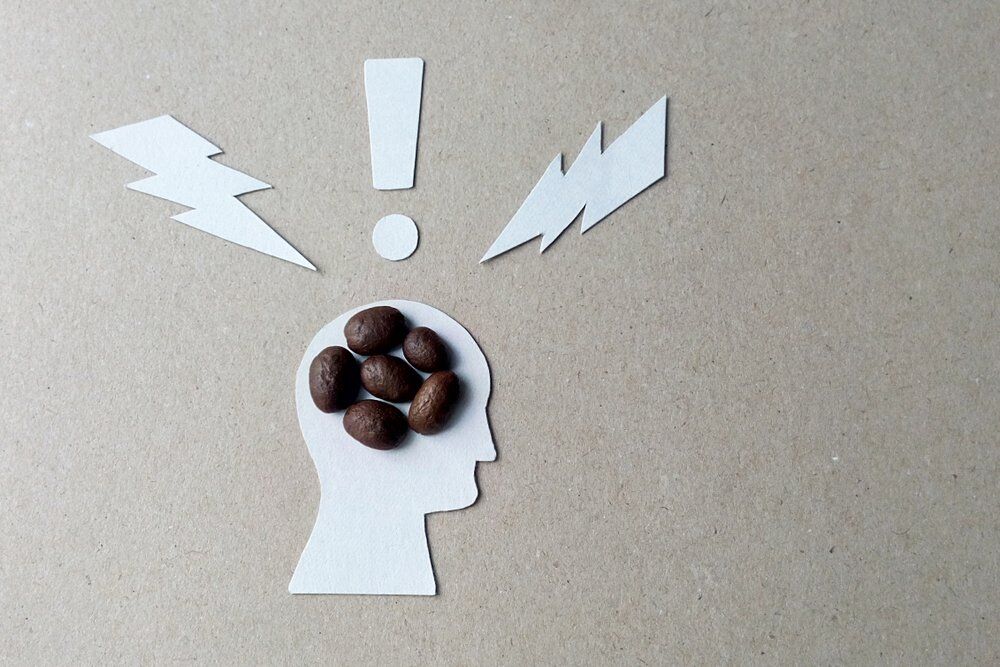
Caffeine Use In Training
Caffeine has been used by sports people for many years as a way to stay alert and improve endurance. It is one of the best researched nutritional supplements on the market today. Caffeine is present in many food and drinks that we consume and is considered to be the most widely consumed ‘drug’ in Europe. As such, Caffeine supplements such as Performance Caffeine tablets is used by both strength and endurance athletes and is the most widely used single pre-workout ingredient in sports nutrition today based on its ability to produce a more favourable ionic environment within the working muscle.
What are the benefits of Caffeine?
- Performance enhancement – Taking in around 3-6 mg of Caffeine can significantly improve endurance performance. It also improves the length of time that exercise can be carried out at high intensity.
- In studies it was found that after taking Caffeine exercise could be carried out for longer, but people also perceived the effort required to do the activity was less.
- Increasing Lipolysis – Taking Caffeine stimulates the hormone Adrenalin. It suppresses the use of carbohydrates as a fuel and increases the use of fat used as a fuel by the muscles.
- Because Caffeine allows us to burn more fat it is also used as a weight loss supplement.
- Ergogenic effects – Caffeine has an effect on the central nervous system that allows the body to work longer at higher intensities. It also increases alertness and concentration levels. It decreases the perception of effort and because exercise feels easier it can be done for longer. Specifically researchers found as little as 200 milligrams of caffeine when taken pre workout can increase ‘strength endurance’ and reduce an athlete’s perception to fatigue and pain by stimulating the production of the neurotransmitters.
- Enhances strength training – Caffeine enhances strength training by increasing the release of calcium in the muscle cells. It also increases the recruitment of muscle fibres for a stronger muscle contraction therefore enabling you to maximise absolute power output during your workout.
Potential side-effects of Caffeine
Caffeine taken in sensible quantities is considered to be safe and effective. However, incorrect dosages or timings can be associated with a number of potential mild side effects such as anxiety loss of sleep and headaches. Another thing to bear in mind with Caffeine intake is that it may have a impairing impact on creatine loading and other supplement protocols. One study showed that Caffeine consumed when following a creatine loading strategy inversely effected the effect of the creatine.
As you can see Caffeine has many obvious ergogenic benefits and can be an invaluable supplement for your training arsenal. However, you should bear in mind that if you are using a caffeine-containing pre workout supplement before training in the evening, this may affect your sleep. As we know, sleep is also very important in building and repairing muscles so it may be best to restrict caffeine intake in the evening.





No Comments yet!